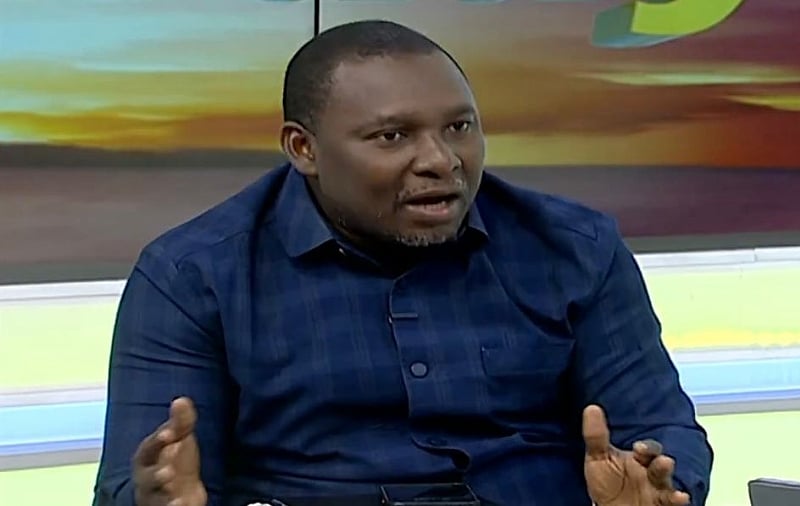Solomon Owusu, a prominent member of the Movement for Change, a political group aligned with Alan Kyeremateng, has launched a scathing critique of the New Patriotic Party (NPP), accusing them of irresponsible conduct in opposition. He argues that the NPP, instead of engaging in constructive criticism and offering viable alternative solutions, has resorted to discrediting the progress made by the current National Democratic Congress (NDC) administration. Furthermore, Owusu contends that the NPP is attempting to claim credit for positive economic indicators, despite not initiating the policies responsible for the improvements. He contrasts this behavior with the approach of the Movement for Change, which he describes as responsible and objective in its assessment of governance. Owusu suggests that the NPP’s conduct warrants their continued exclusion from power.
Owusu’s primary argument hinges on the NPP’s alleged attempts to undermine the NDC’s achievements and simultaneously claim credit for them. He cites several positive economic indicators, including a reduction in inflation from 23.8% to 13.7%, the appreciation of the cedi, and a 5.3% GDP growth in the first quarter of 2025. He presents these figures as evidence of the NDC’s successful economic management, arguing that the NPP cannot legitimately claim responsibility for these improvements. Instead, he alleges that the NPP is engaging in a deliberate campaign to misrepresent the current economic situation and distort public perception. This, Owusu argues, is a clear indication of irresponsible opposition, which prioritizes political maneuvering over the national interest.
Furthermore, Owusu contrasts the NPP’s actions with what he perceives as the responsible approach of the Movement for Change. He emphasizes the importance of objective analysis and constructive criticism in holding the government accountable and promoting good governance. He suggests that the Movement for Change, while also in opposition, is engaging in a more productive and patriotic manner by evaluating government policies based on their merits and offering alternative solutions. This distinction, according to Owusu, highlights the NPP’s failings and reinforces his argument that they are unfit for governance.
The accusation of “handout politics” further underscores Owusu’s criticism of the NPP. He argues that the party has abandoned its core function of providing credible alternatives and engaging in meaningful policy debates. Instead, they have resorted to populist tactics, focusing on short-term gains rather than contributing to long-term national development. This, according to Owusu, is a betrayal of the public trust and a further indication of their unsuitability for leadership. He specifically criticizes the NPP’s lack of substantial contributions to budgetary discussions, contrasting their current behavior with their past engagement in policy formulation. This suggests a decline in the party’s commitment to responsible governance and a shift towards opportunistic political posturing.
Owusu’s strong condemnation of the NPP is rooted in his belief that a responsible opposition plays a crucial role in a healthy democracy. He argues that by refusing to acknowledge the NDC’s successes and by attempting to claim credit for improvements they did not initiate, the NPP is undermining the democratic process. He asserts that a credible opposition should offer constructive criticism, propose alternative policies, and hold the government accountable based on factual evidence. By failing to do so, the NPP, according to Owusu, is demonstrating its unworthiness to hold power. He concludes that if the NPP continues on this path, the electorate should ensure they remain in opposition for the foreseeable future.
In essence, Owusu’s argument centers on the distinction between responsible and irresponsible opposition. He portrays the NPP as an example of the latter, accusing them of prioritizing political expediency over national interest. By contrast, he positions the Movement for Change as a model of responsible opposition, emphasizing their commitment to objective analysis and constructive engagement. This comparison serves to reinforce his core message: that the NPP’s conduct disqualifies them from holding power and that their continued presence in opposition is in the best interest of Ghana. He believes the NPP’s actions are a disservice to the democratic process and ultimately detrimental to the nation’s progress. His call for the NPP to remain in opposition is a direct consequence of this assessment, highlighting his deep concern about their approach to political engagement.


